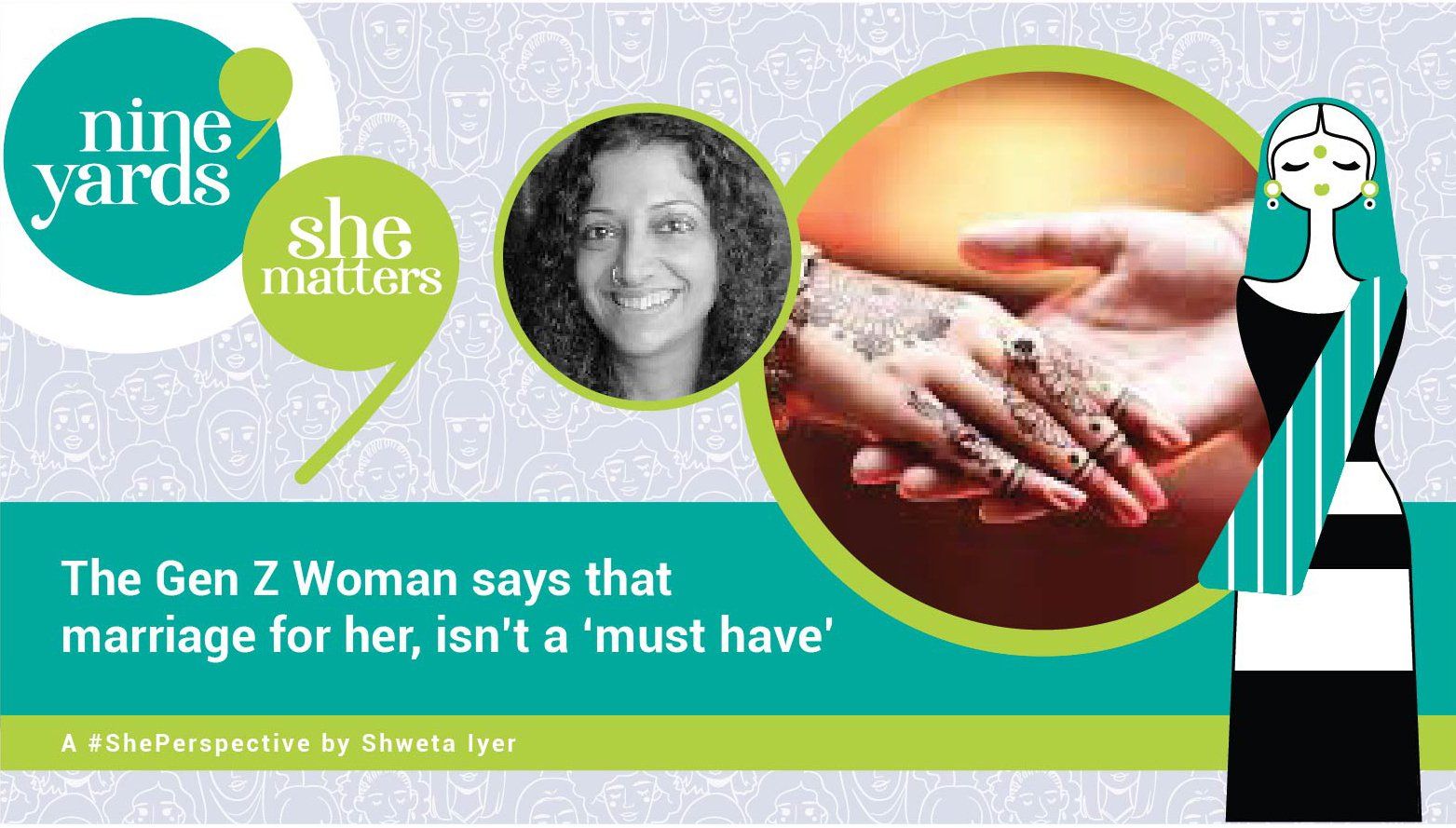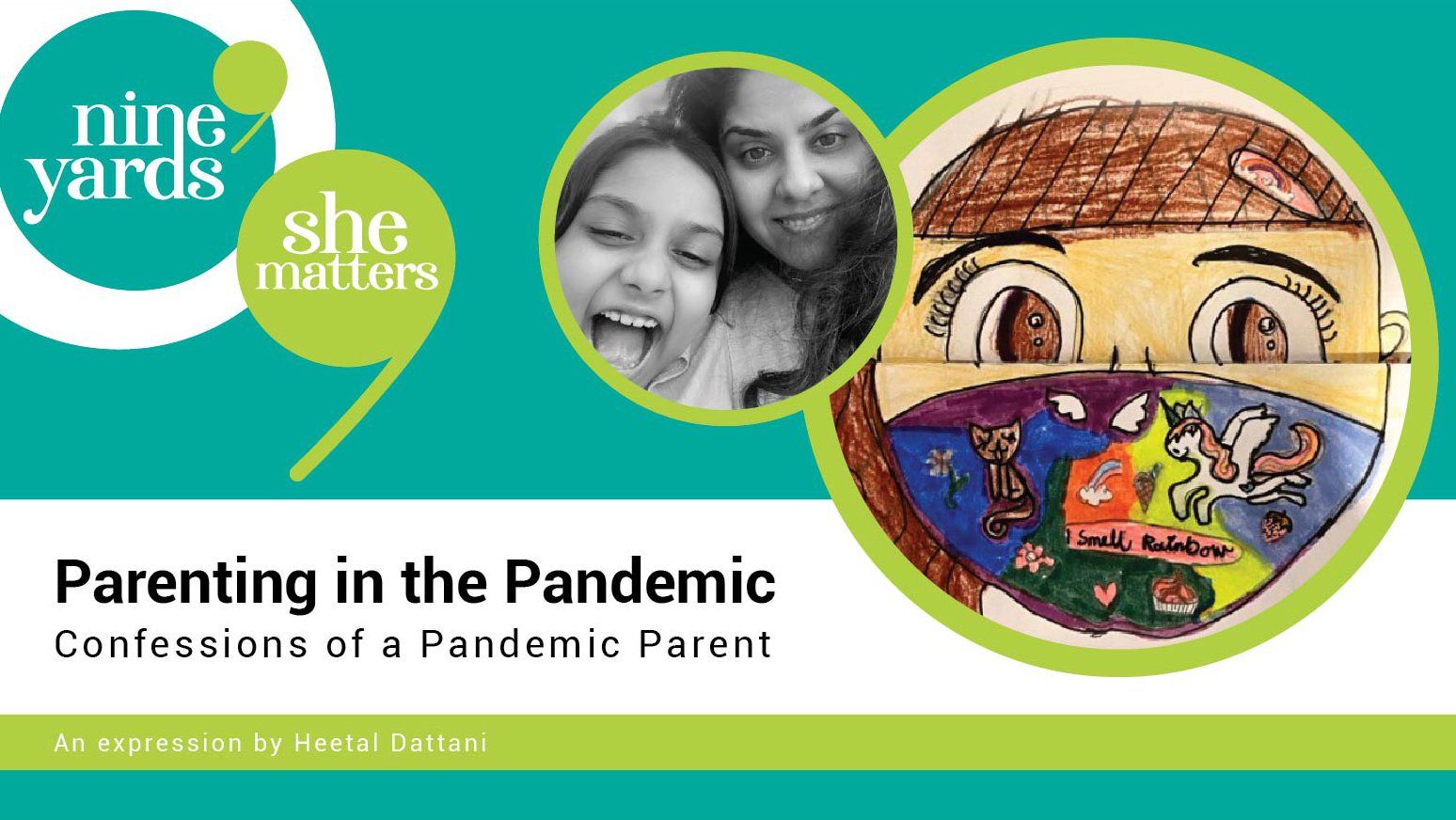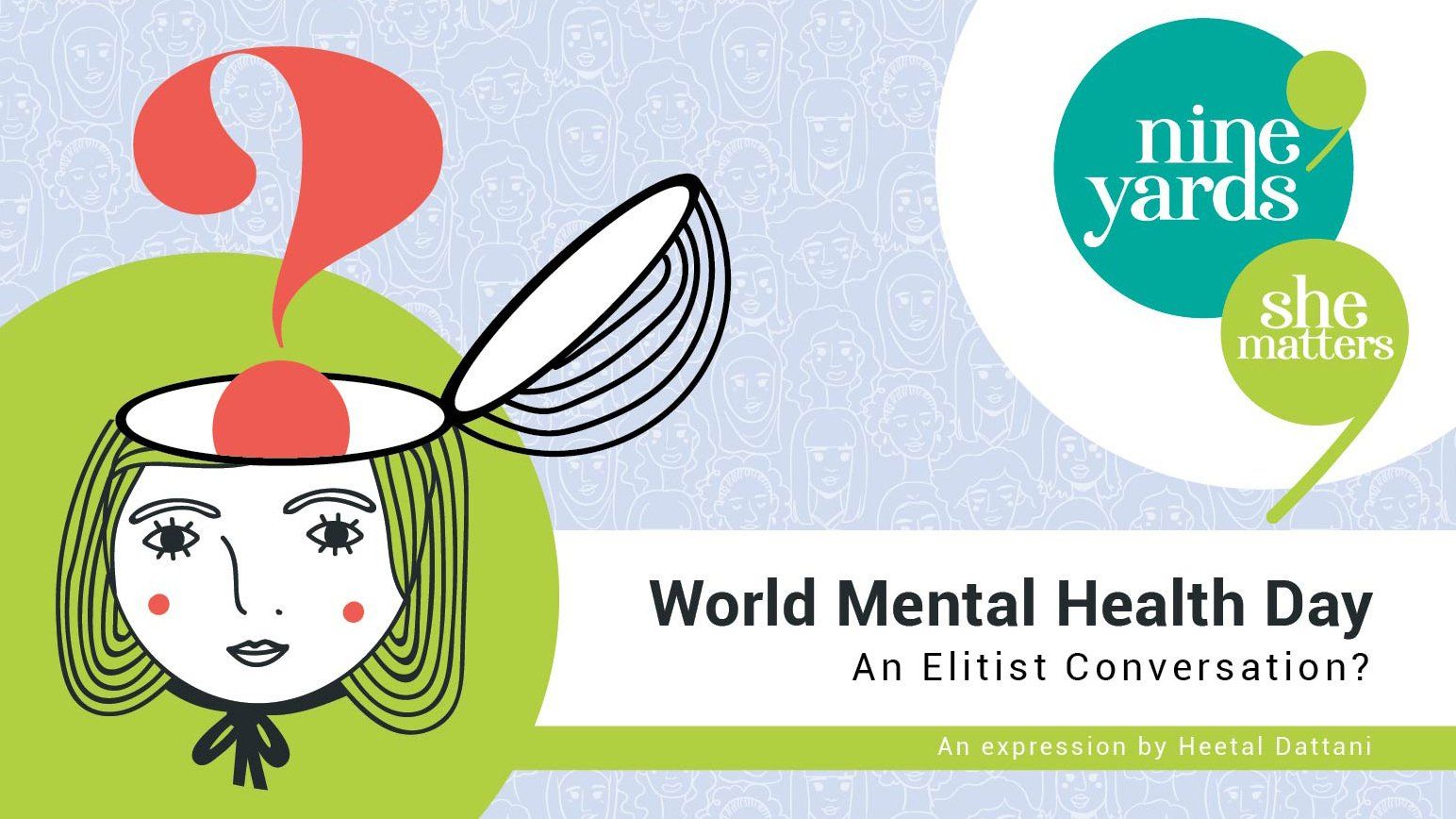10th October is World Mental Health Day. My social media is rife with posts, invites and information from brands and random services celebrating this day. From manicures and head massages, to self-help apps and tarot card readers…all promise to better my mental and emotional health. But are these the long-term solutions that will help put the spotlight on real mental health issues?
It got me thinking about where we are, as a society with regards to mental health. A week ago, I was at a social gathering. There were a mix of women present – some I’ve known for the better part of my life. We’ve discussed and dissected many layers of our lives with each other over multiple wine and whine sessions. These women are my safe circle – they wear the crown of drinking buddies, bitching partners, fellow mums and unpaid therapists all rolled into one. It wouldn’t be odd for me to share something personal that was worrying me or potentially a threat to my mental health in that circle. In fact, no one so much as raised an eyebrow when in this same social gathering, someone casually mentioned having just come straight from a session with her therapist. This wasn’t someone I knew well at all, but it didn’t stop her from revealing this piece of information. In fact, sharing the fact that she had a therapist came out as casually as sharing a recipe or complaining about an errant child.
Today, in the tiny slivers of the highest echelons of society, there is little stigma attached to mental health issues. Women, way more than men seem pretty comfortable about acknowledging the need for external support to sort out the knots in their minds. There is no shame in wanting to live cleaner, happier lives. These knots could come from feeling a general lack of purpose, career issues, wanting a better connection with our spouses or something far more serious. But the fact that there is no judgment in getting help is a huge nudge for people to access tools and ways to simplify their lives. In fact, it’s almost trendy to have your therapist on speed dial. The fact that this is a massive privilege is not lost on any of us.
In the same week, my house help - a 23-year-old woman who is pretty much feeding her family as the only sole earning member, collapses under deep mental and emotional pressure. Her parents are forcing her into marriage, worried that she is fast approaching her sell by date. Even though she wields a certain position of power in her family because of their financial dependence on her, she still can’t shake off the pressure that generations before her have succumbed to. Conditioning and society have pretty much negated the concept of free will in her social surroundings. Like her, there are many women with similar feelings of frustration and the need to break out of a dictated future. Unfortunately, there are no therapists to help them, and the thought of following their own path to mental peace is blasphemy to these young girls. So, like many others in her position, she goes along with the plan set out for her, descending deeper into the darkness of emotional turmoil.
She comes from a part of India where struggle and strife are synonyms of life itself. This part of India makes up the 99% that did nothing to celebrate ‘Mental Health day’ today. In fact, being mentally tormented is a day to day part of their existence. Conversations about feeling the pressure or feeling ‘compromised’ is something that generations have brushed under a thick carpet of acceptance of one’s fate. So, my suggestion that she talk to her parents about how she feels, elicits little more than a shrug and a helpless smile that makes me feel almost guilty for my position of privilege.
Isn’t it ironic that the ones needing help the most aren’t getting any, while the tiny segment of us who have access to help are probably the ones who need it the least? This is not to generalize or negate the issues faced by troubled minds in relatively well-off homes. I understand that wealth has little to do with the intricacies of the mind. But access to help, to sort out these intricacies definitely is a factor at play. I will be the first to admit that it is a gross generalisation to equate the presence of wealth to the absence of mental health issues. We all know that the lives of the rich and famous can be as twisted as the corkscrew that opens their fancy wines. Mental health illnesses follow no logic and can inflict anyone. But circumstances definitely influence the intensity of mental health issues, and financial stress is a very strong depressant.
That 1% of our country – all of us who put up posts celebrating Mental Health day, and how far we’ve come, perhaps need to pause a moment. When most of our men and women are stuck in a society that still believes that it is merely ‘part of life’ to feel signs of deep mental and emotional turmoil, then do we, as a nation, have the right to celebrate ‘Mental Health Day’? This isn’t a proclamation of doom and gloom, but simply a wake-up call for all of us. It’s a realisation that our responsibility towards each other doesn’t end at being less judgmental, but to actively bring in as many people into the conversation as we can from those parts of society that don’t yet see this as an issue. Maybe if that 1% took the time to educate, inform and help bring about this change in thinking amongst our closest circles of influence, we could make a tangible wave of difference. If we all do our bit to help break the silence and talk to those who need help the most, we could perhaps shift the needle in favor of a stronger, healthier society at large. And one day, hopefully we can all truly and honestly celebrate a day like today.
-An Expression for #SheMatters by Heetal Dattani
#SheMatters #NineYardsPerspective #FreshThinking #WomansPerspective #WorldMentalHealthDay



